Keywords: Chris Johnston
There are more than 200 results, only the first 200 are displayed here.
-
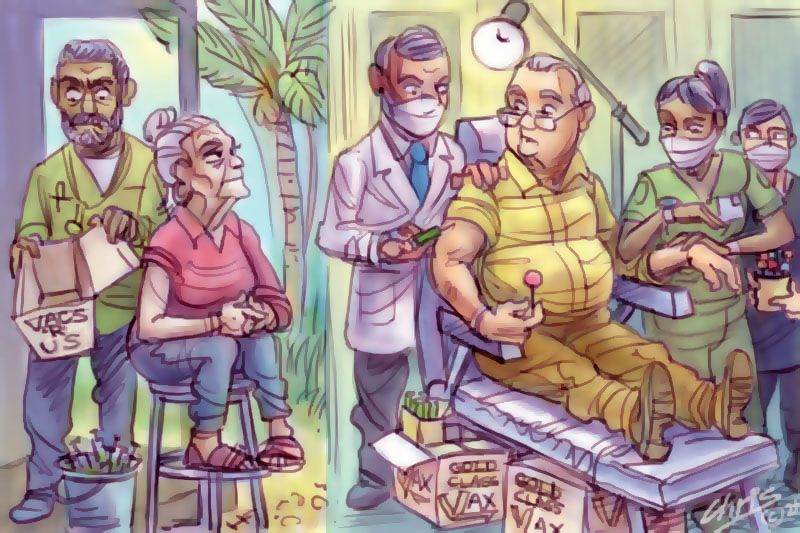
INTERNATIONAL
- Binoy Kampmark
- 23 March 2021
4 Comments
The COVAX (COVID-19 Vaccines Global Access Facility) scheme, touted as a levelling measure against inequalities in vaccine access, is looking increasingly faulty. But one suggested mechanism to assist in achieving vaccine equity lies in the field of intellectual property rights.
READ MORE 
-
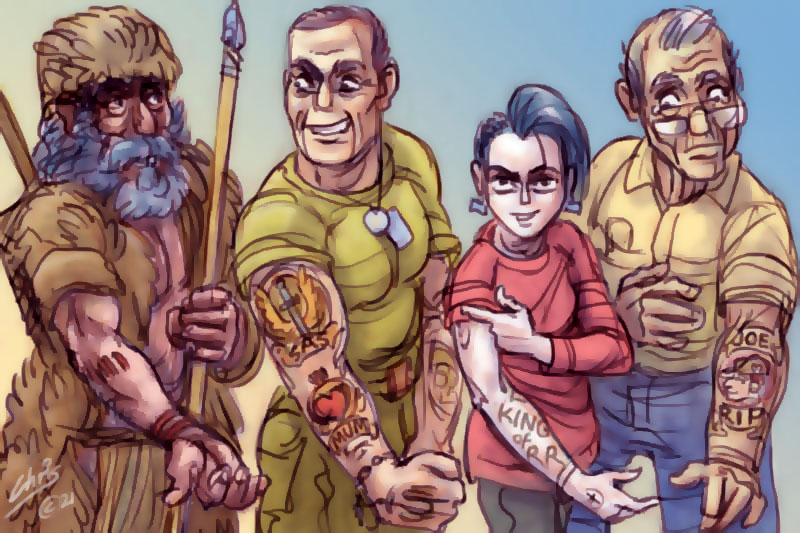
ARTS AND CULTURE
- Gillian Bouras
- 11 March 2021
26 Comments
Of my three sons, two have tattoos. Not all-over body-as-art ones, but tattoos, nonetheless, with my army son leading the way. When he rang to tell me about this new venture, I sarcastically remarked that the only way I could cope with a tattoo was that if it depicted a heart, an arrow and the message MUM. Needless to say, a guffaw greeted this remark.
READ MORE 
-
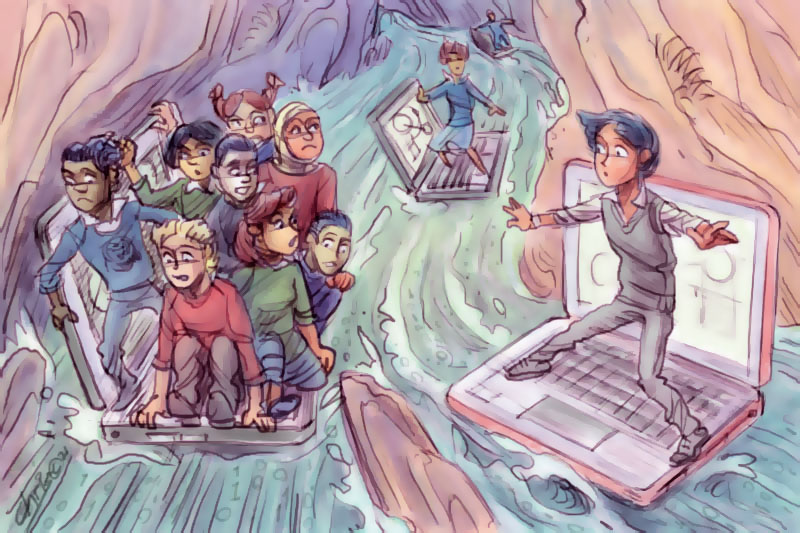
AUSTRALIA
- Nicola Heath
- 23 February 2021
3 Comments
For those of us who already regularly shopped, banked, studied and worked via the Internet, it was easy to adapt to telehealth appointments with doctors and video calls with friends and family. Of course, these activities require access to the Internet — something 2.5 million Australians are without. A further 4 million access the Internet solely using a mobile connection. For these citizens, the pandemic exacerbated the existing digital divide.
READ MORE 
-
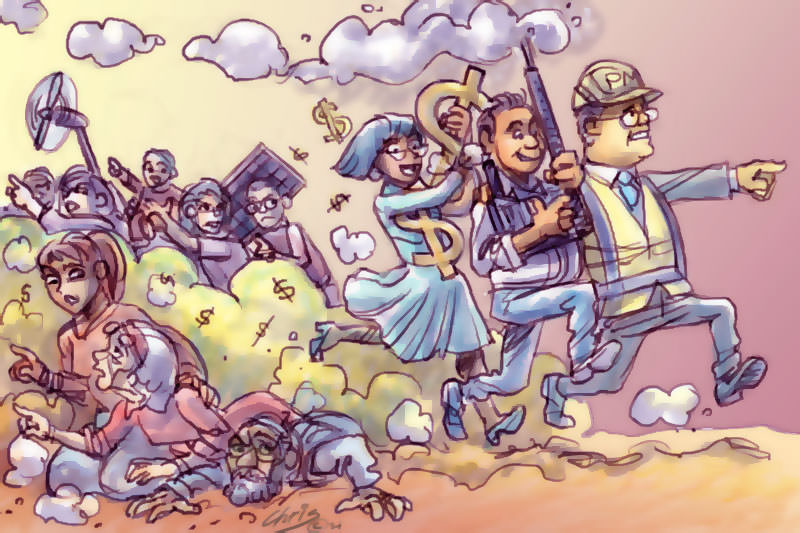
AUSTRALIA
- Benedict Coleridge
- 09 February 2021
30 Comments
The celebration of pragmatism in Australian politics obscures the role that ideology has always already played. In fact, one of the more stealthily ideological moves in Australian politics, generally made within that swirl of commitments people call ‘centrism’, is the de-politicisation of policy — the attempt to present policy as responsive to natural imperatives rather than to specific values and ideals.
READ MORE 
-
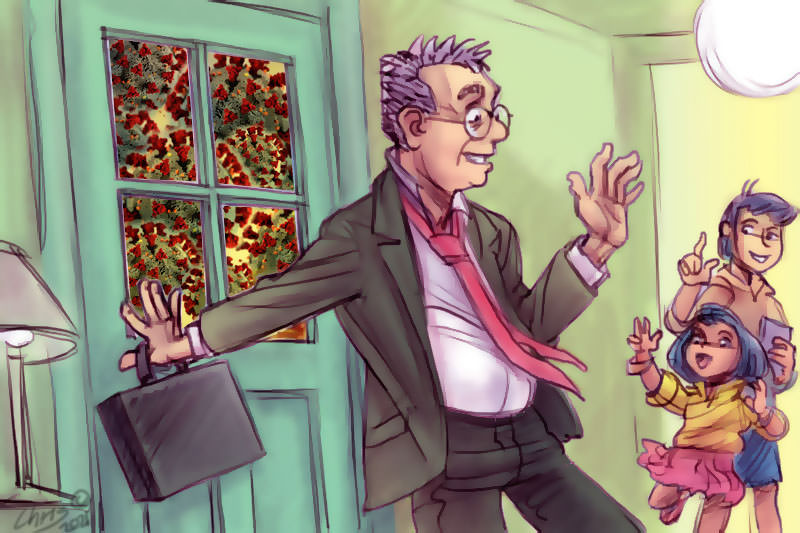
ARTS AND CULTURE
- Mike Kelly
- 21 January 2021
39 Comments
Men, it seems, have been looking for more opportunities to spend time with family. Research on young fathers, conducted by the Diversity Council of Australia a few years ago, reported that 79 per cent of new generation dads wanted the flexibility to improve their work and family life. For all its downsides, 2020 provided the opportunities.
READ MORE 
-
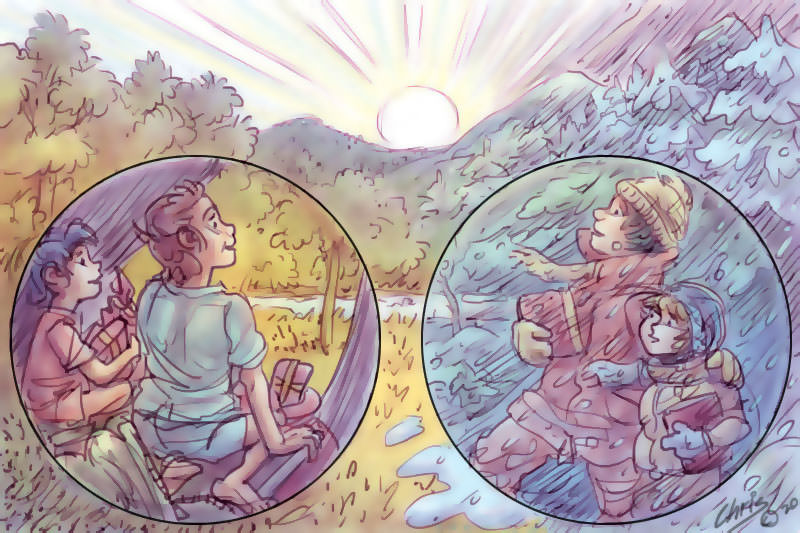
ARTS AND CULTURE
- Gillian Bouras
- 08 December 2020
18 Comments
When I was small we spent Christmas camping by a river in NE Victoria. The festivities began on Christmas Eve, when campers and residents of the township of Bright gathered for carols by candlelight. During the singing of my favourite ‘Good King Wenceslas,’ I never wondered about the absence of snow ‘deep and crisp and even.’ I don’t imagine anyone else did, either
READ MORE 
-
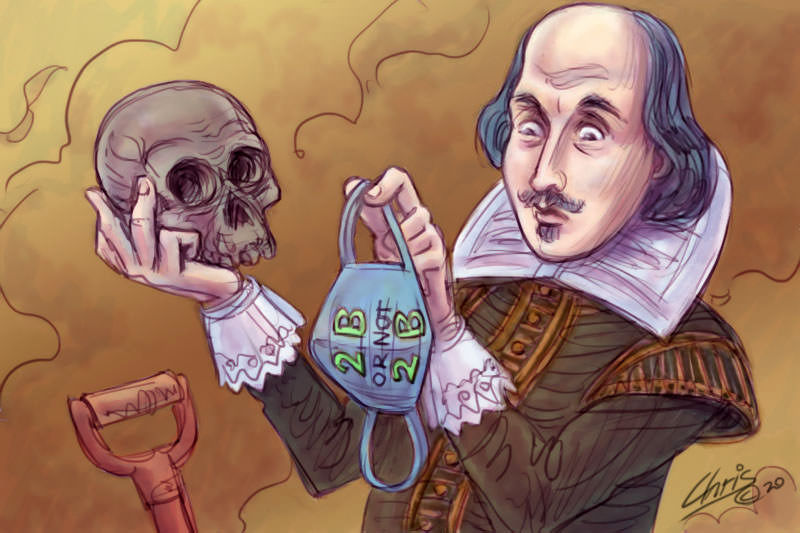
ARTS AND CULTURE
- Brian Matthews
- 24 November 2020
5 Comments
In measures now sadly familiar in 2020, theatres were closed once the number of weekly deaths exceeded 30, later 40, but because actors and the theatre world itself were so economically vulnerable, actors, understandably intent on earning a living, soon legally or otherwise cut themselves some slack by taking liberties with the rules governing performances and quarantine — again, a phenomenon that is now, against all previous odds, familiar to people of 2020.
READ MORE 
-
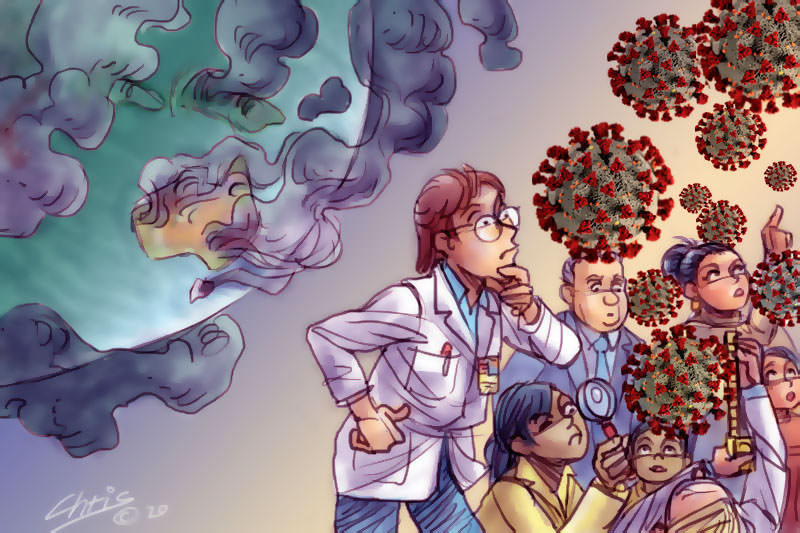
ENVIRONMENT
- Marnie Vinall
- 12 November 2020
4 Comments
Since the pandemic started to show its teeth on our shores in March, there’s been a trend to wave away any other matter other than COVID-19 with an examination of, ‘Just one crisis at a time — we’ll get to climate change after we’ve got the economy back on its feet.’ The only problem is we don’t have the luxury as a nation to solely focus on one crisis at a time.
READ MORE 
-
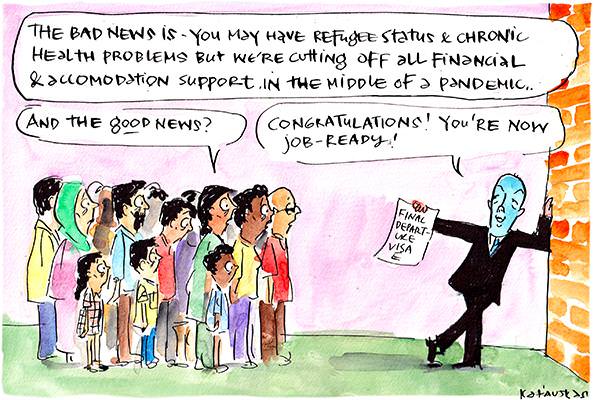
AUSTRALIA
- Andrew Hamilton
- 29 October 2020
8 Comments
If society were a mine, refugees would be the canaries in it. Their condition reveals whether the currents of public air are pure or toxic. By that standard the present currents in Australia are noxious. They mark a change from the first generous response to the coronavirus to the meaner reconstruction of the economy.
READ MORE 
-
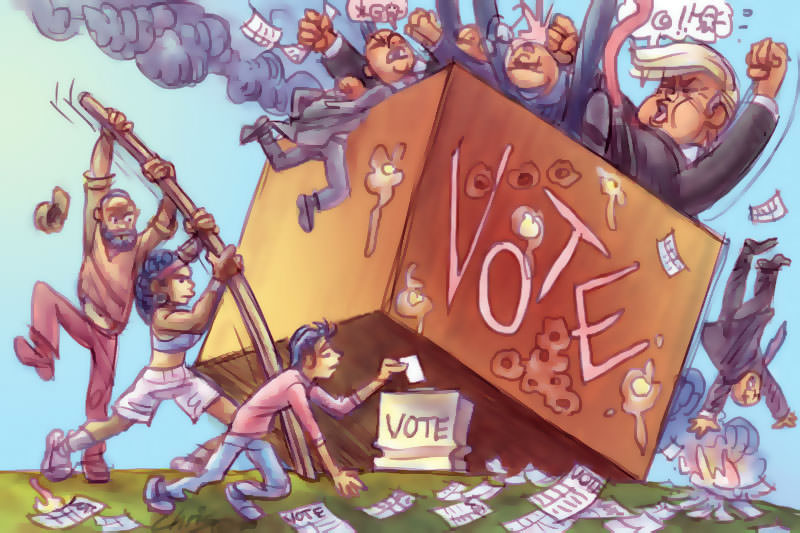
ARTS AND CULTURE
- Gillian Bouras
- 27 October 2020
20 Comments
The leaders of these nations, as well as acting amorally, have also apparently thrown the ideal of common civility to the winds. What are we to make of heads of government who hurl insults and are economical with the truth, use the gag continually, and turn their backs when those in opposition are speaking?
READ MORE 
-
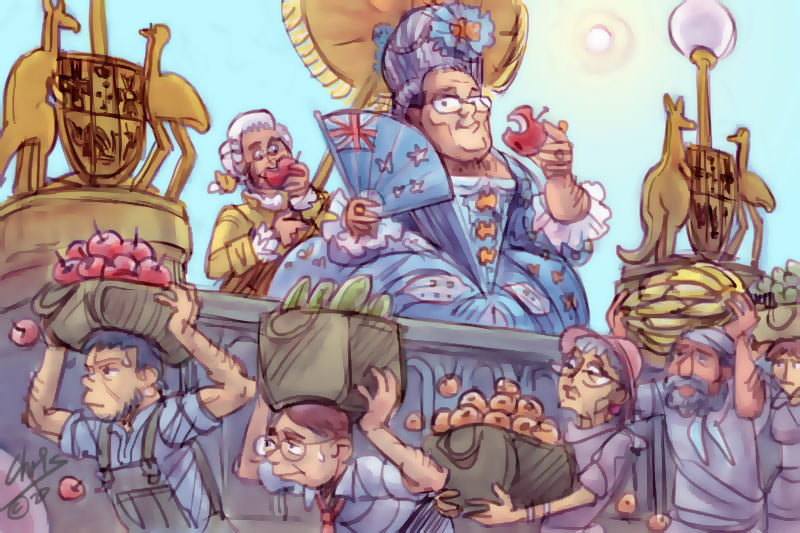
AUSTRALIA
- Vivienne Cowburn
- 13 October 2020
19 Comments
An idea that’s gaining traction, in a pandemic where international travel has stopped and many Australians are losing their jobs, is this notion that the unemployed (aka: everyone on JobSeeker payments) should go out into the regions and help the farmers pick fruit.
READ MORE 
-
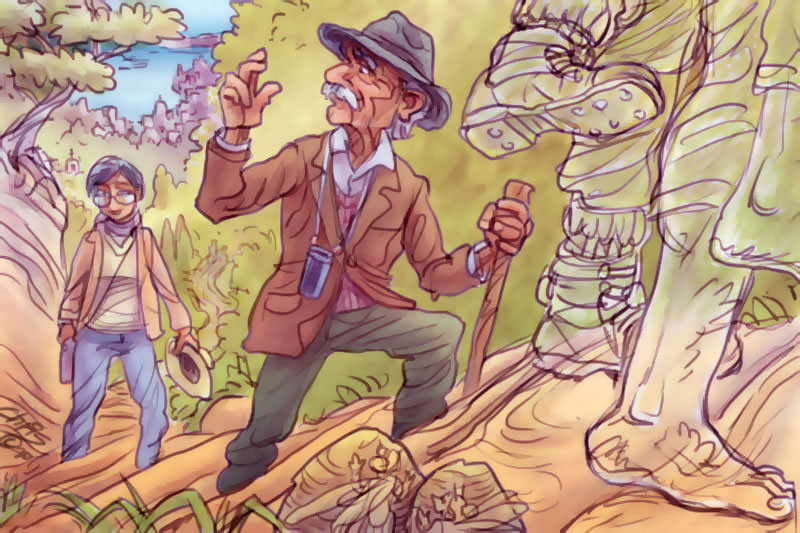
ARTS AND CULTURE
- Gillian Bouras
- 29 September 2020
17 Comments
Here in Greece, people seem to be smoking less and walking more. Gone are the days when long walks were measured in the time it took to smoke x number of cigarettes, the cigarettes being considered compensation for the walking, for the latter was equated with work and certainly not with pleasure. But the practice of walking can, of course, accomplish great things.
READ MORE 